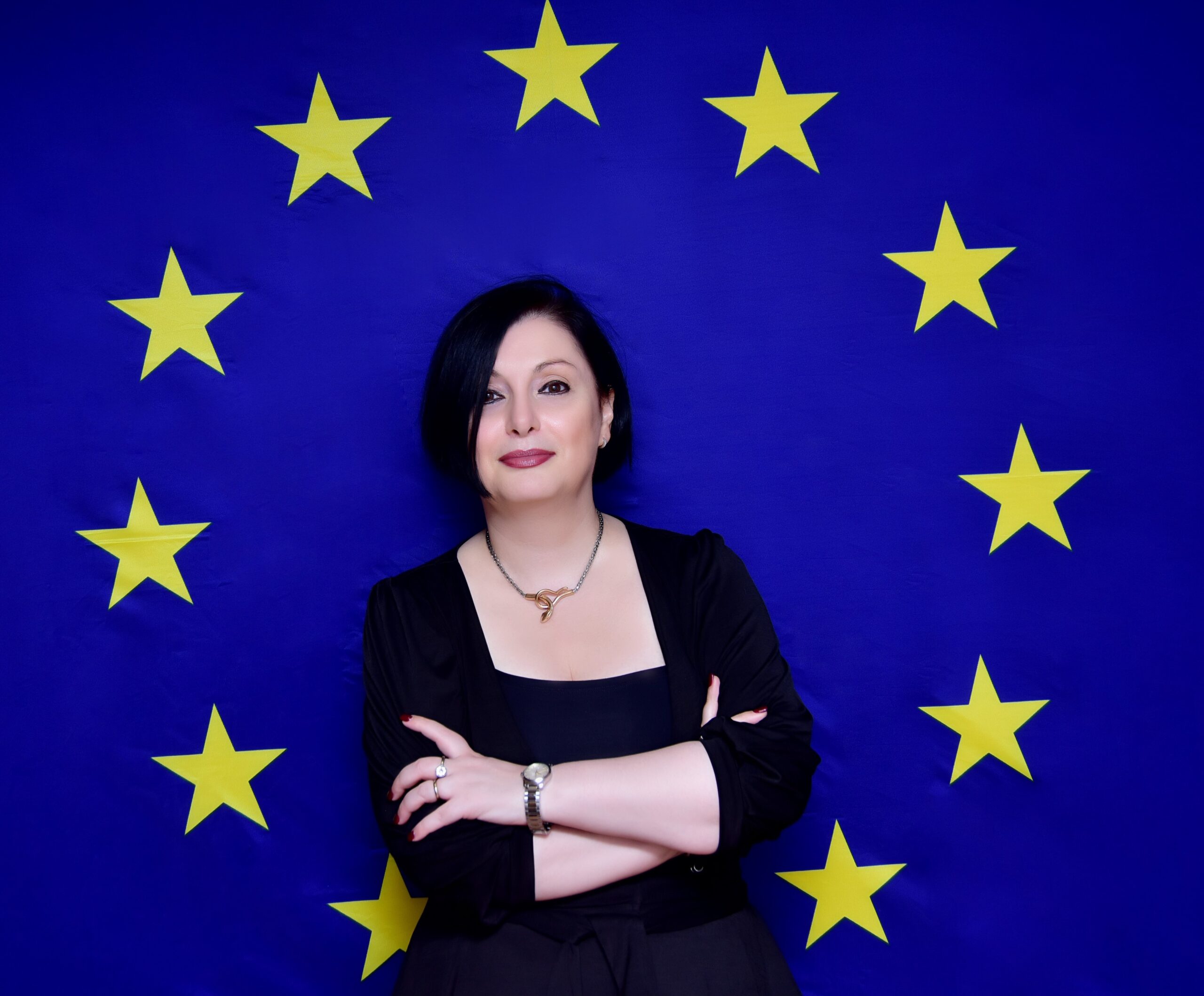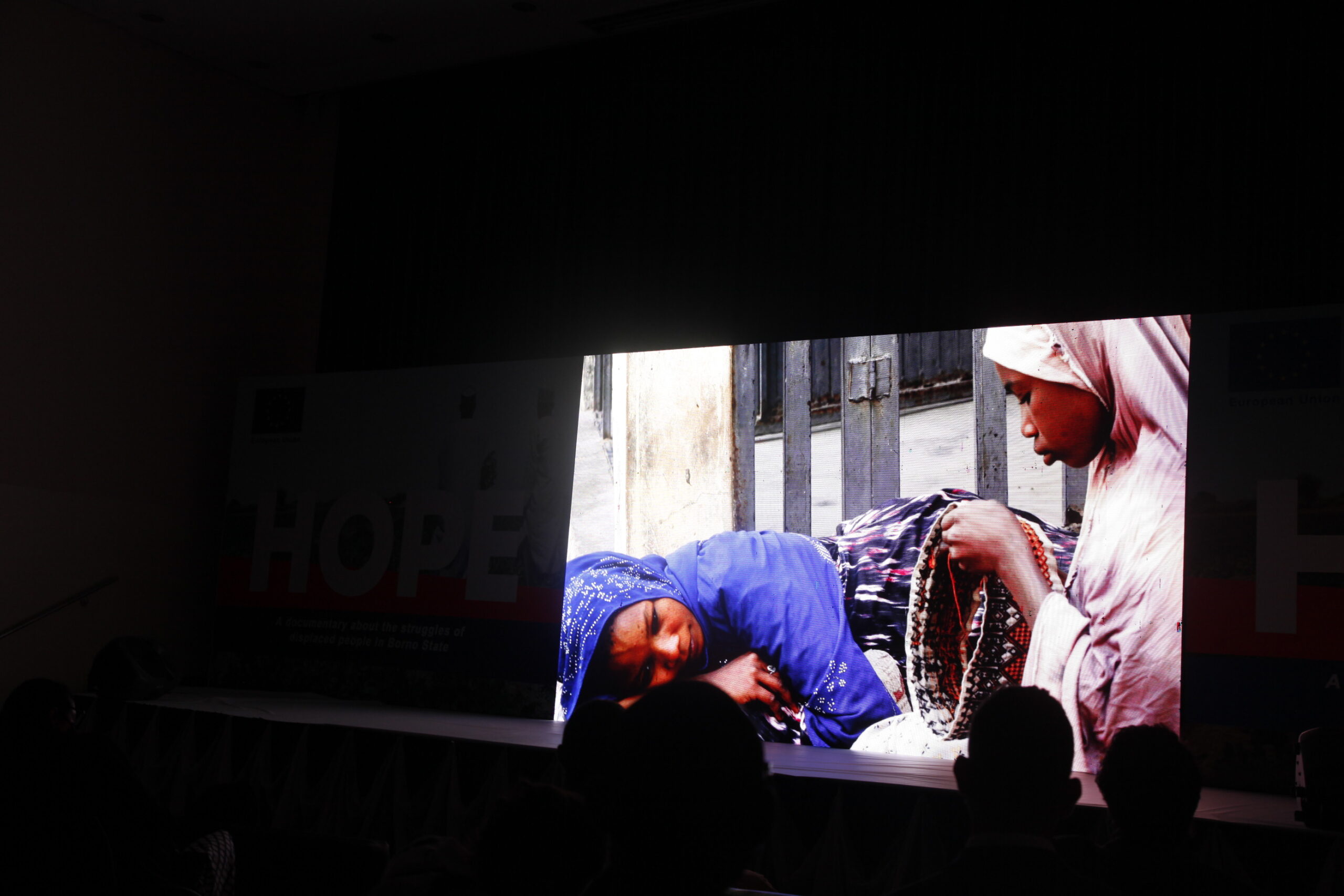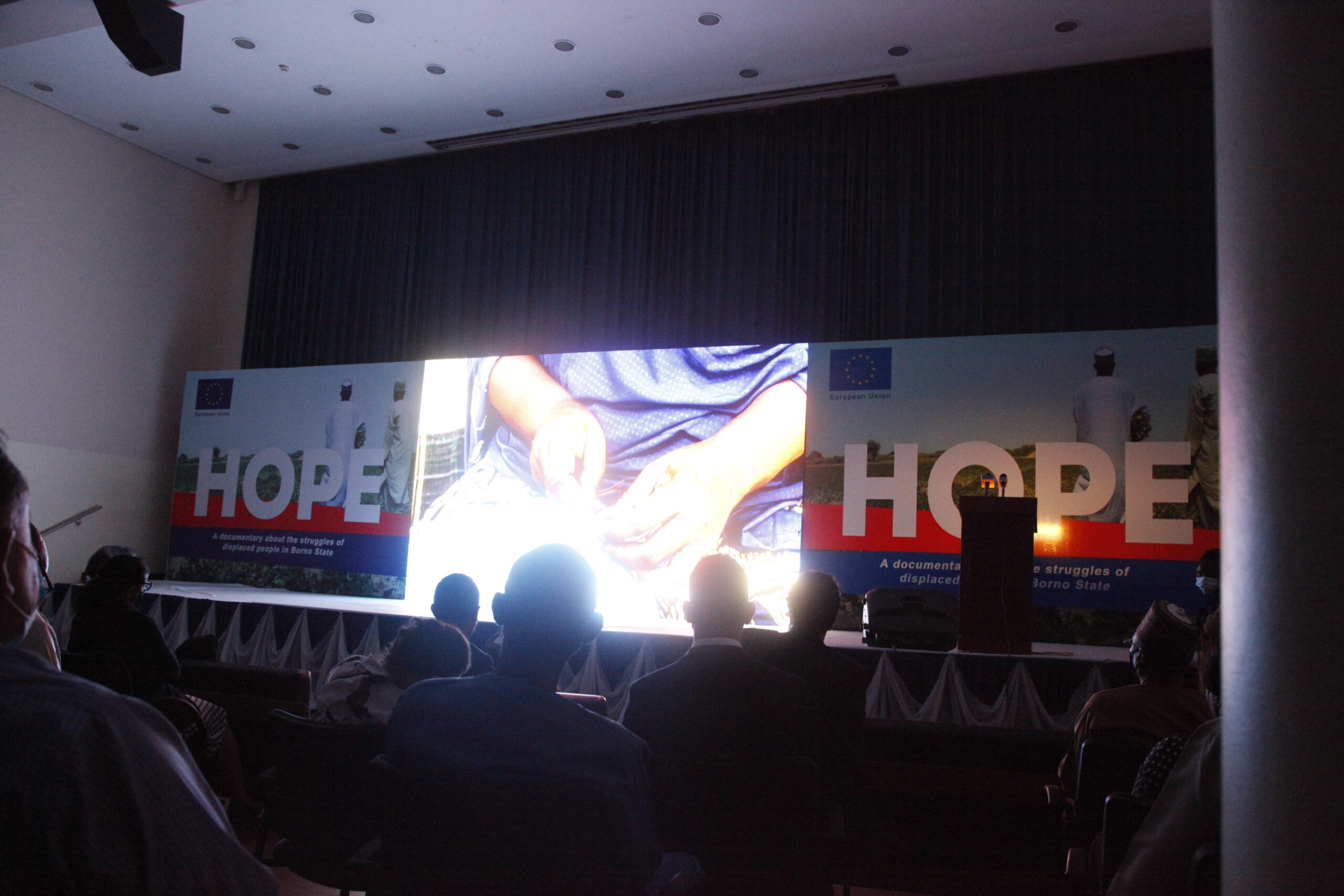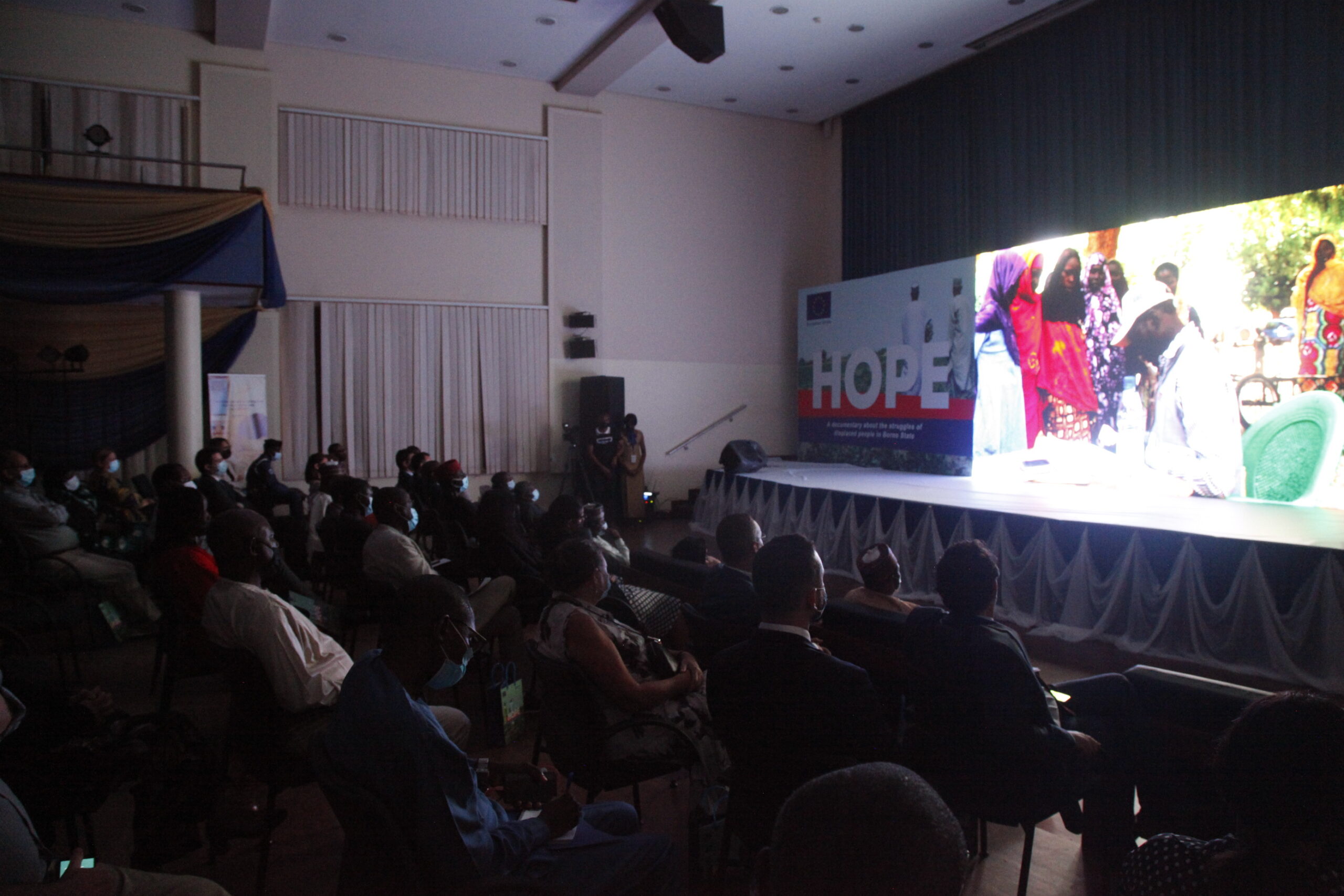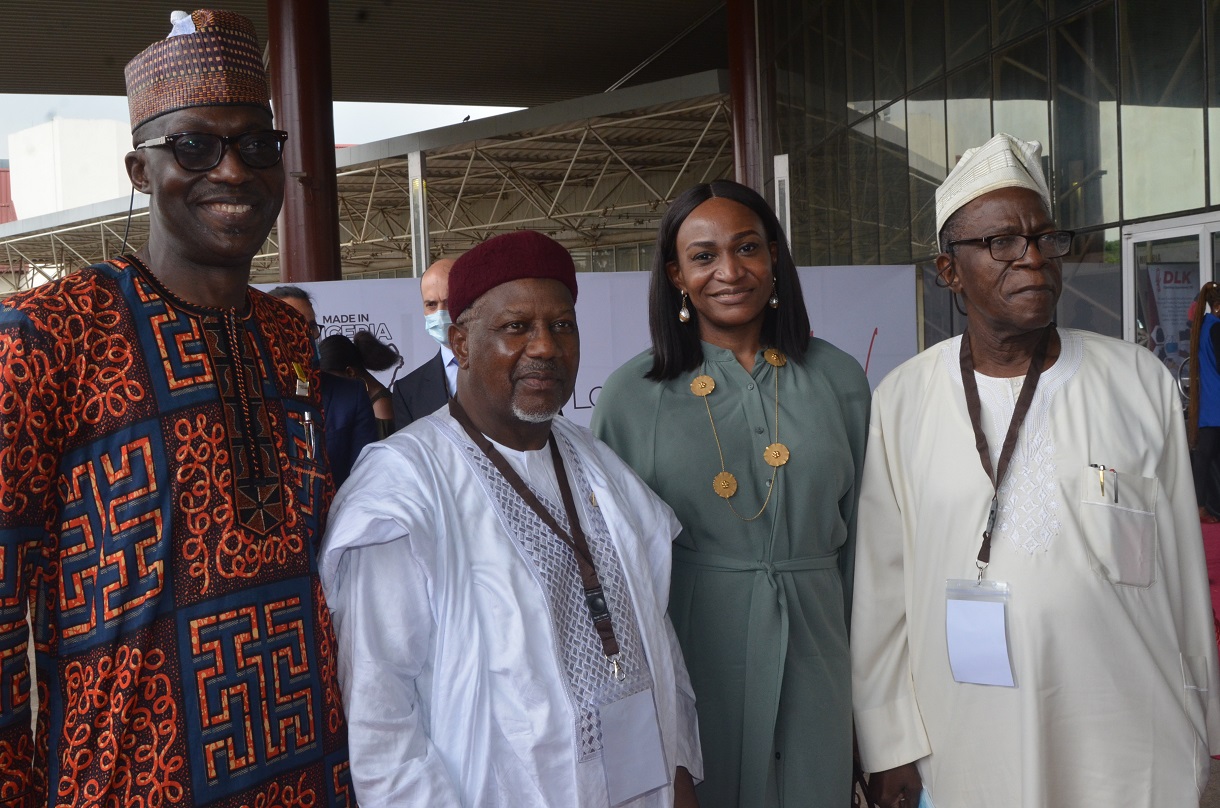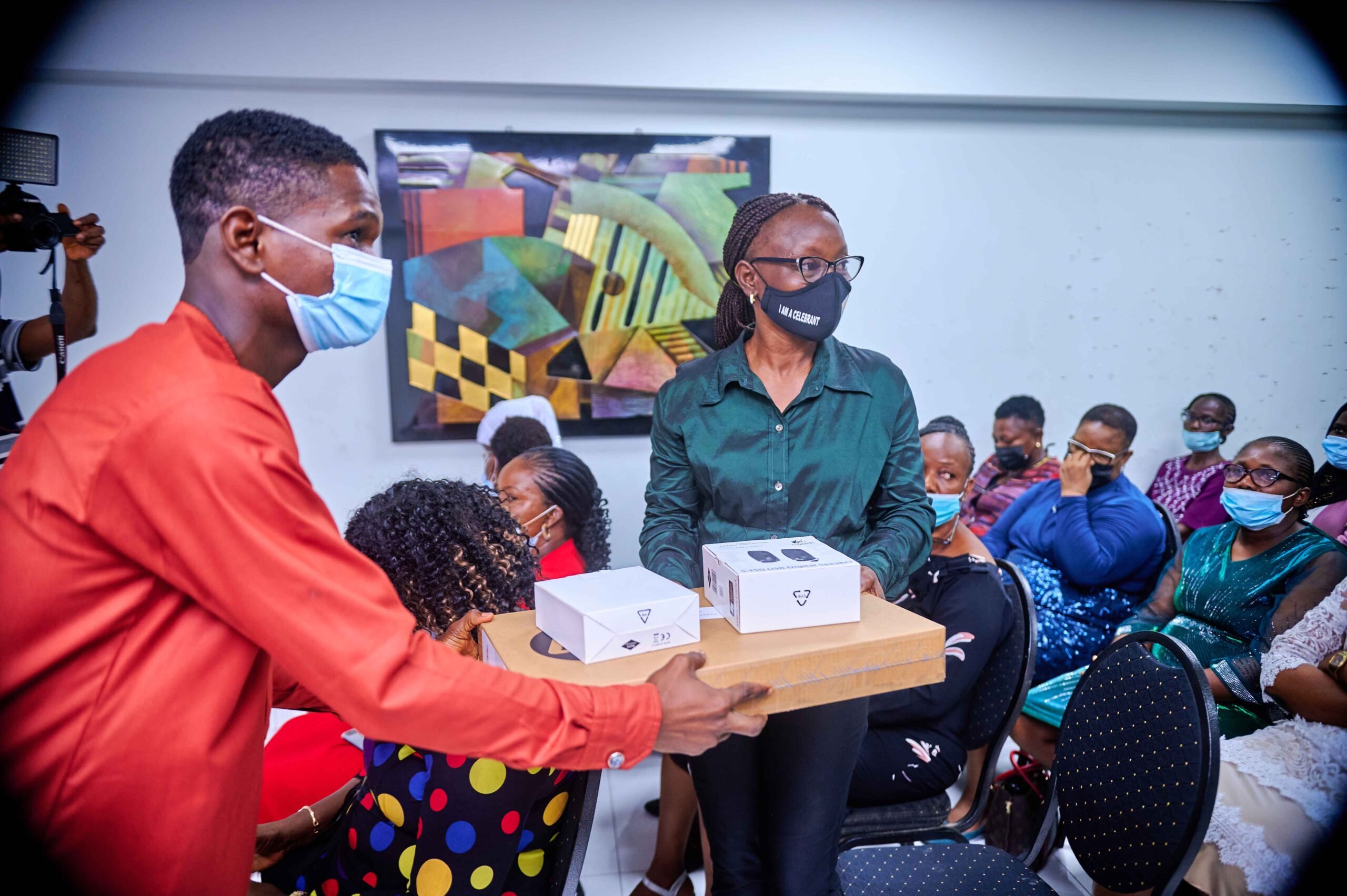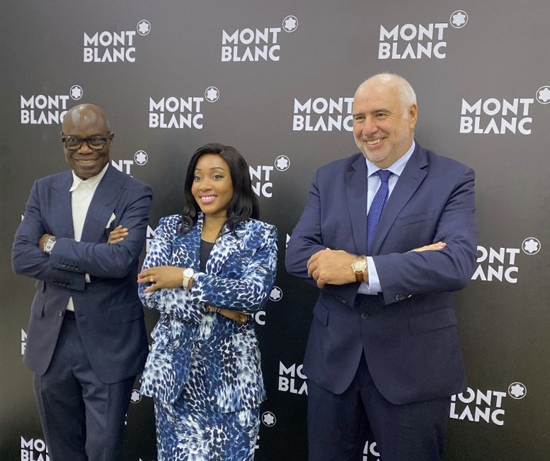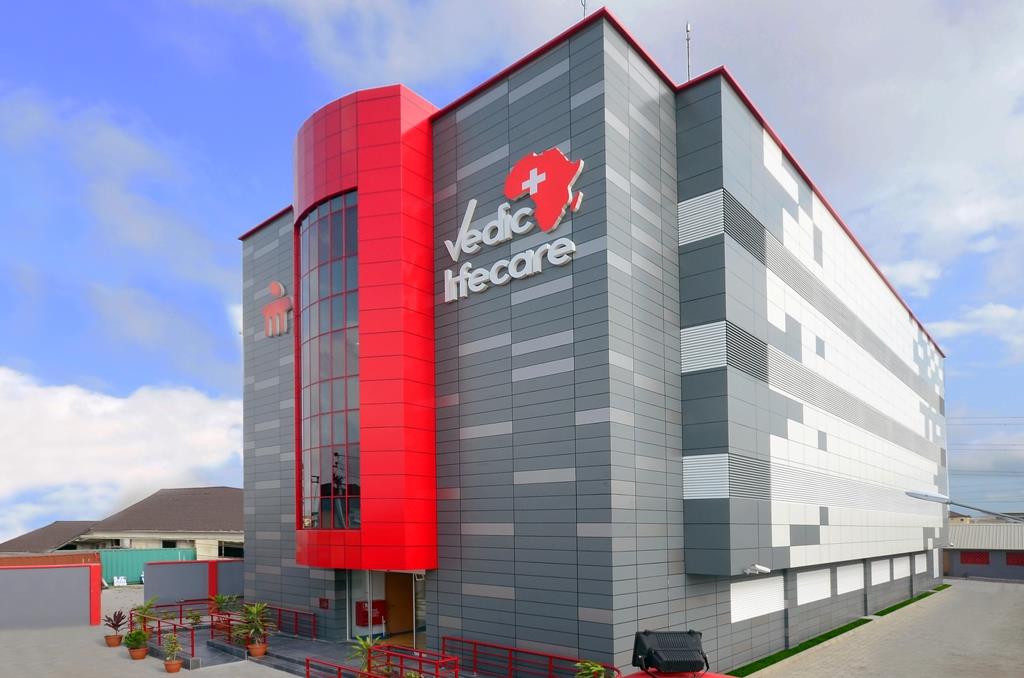The European Union (EU) through its intervention programmes has restored hopes to millions of people displaced by the Boko Haram insurgency in Borno State, North East, Nigeria, its Head of Delegation to Nigeria and ECOWAS, Ambassador Samuela Isopi, has said. She spoke during the premiere of HOPE, a documentary film about the struggles of the displaced people in Borno state, held at the Musa Yar’Adua Centre, Abuja.
Isopi explained that through funding support in the last four years to conflict-affected areas in Borno State, the EU has contributed to the restoration of peace and hope to millions of people in the state.
She said the EU had committed about €130 million in the last four years to the efforts of the Borno State government to rebuild and rehabilitate affected communities. According to her, this funding support alone has contributed to the restoration of basic services and livelihoods which cut across health and nutrition, agriculture and livelihood, water and sanitation, social protection, education, conflict mitigation and cohesion among displaced populations and their host communities.
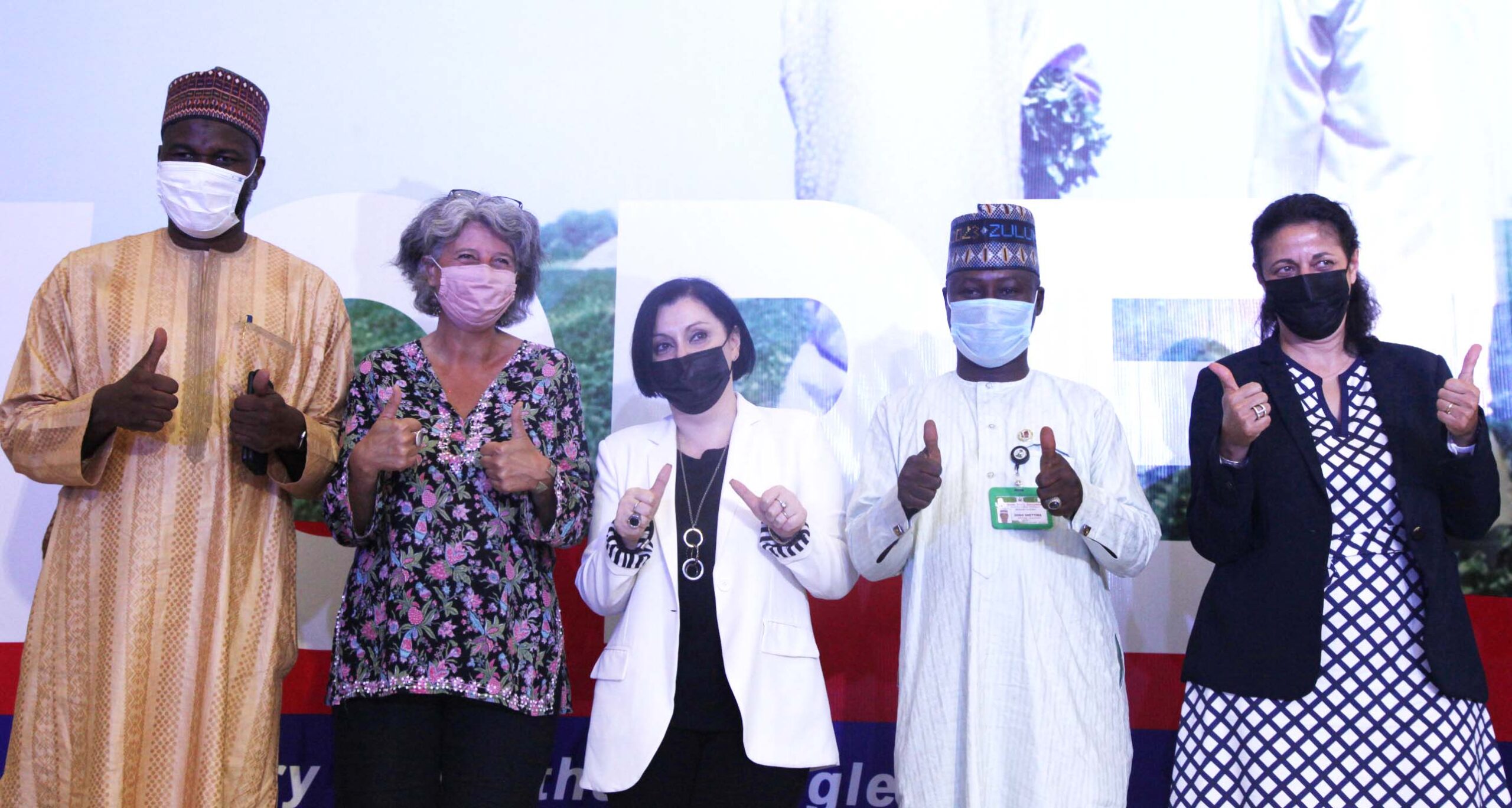
In addition, she said, the EU had, since 2014, provided over €345 million in humanitarian assistance, including the €56 million funding allocated in 2021, in an effort to help meet the basic needs of the conflict-affected people by supporting emergency food aid, shelter, access to clean water, hygiene and sanitation, basic primary healthcare, protection and education.
“We are happy to see that the support has brought hope back to Borno State as millions of people are now returning to their communities,” she added.
Underlining the objective behind the documentary, the Ambassador said it was aimed at creating awareness amongst the European and Nigerian populations on the impact of the conflict and humanitarian crisis affecting the people of Borno State, North-East of Nigeria. In addition, the film highlights the role of the EU, its contribution to humanitarian and recovery assistance to the conflict-affected population, in its partnership with the Government of Nigeria.
Also speaking at the event, Dogo Shettima, the Special Assistant to the Governor Borno State on Reconstruction, Rehabilitation and Resettlement, who represented Governor Babagana Umara Zulum, noted that the EU intervention has been helpful in restoring peace and stability to the North-East, most especially Borno State. He expressed the state government’s appreciation of “the immense support” it was receiving from humanitarian agencies such as the EU in restoring lives and livelihood to the people.
According to Shettima, about one million people who were displaced as a result of insurgency have been resettled due to the support of the EU.
“The EU has helped us in the areas of education and health. They have constructed so many schools in the IDP camps where people have been resettled. Through the EU, we have resettled nine out of 11 Local Governments Areas in Borno State. These nine Local Governments cater for 11,000 households, amounting to over one million people”, he said.
In her own remarks, the Minister of Humanitarian Affairs, Disaster Management and Social Development, Sadiya Farouq, represented by the Deputy Director, Disaster Management in the Ministry, Abubakar Suleiman, said she is hopeful that the documentary would assist in bringing the plight of the North East to the attention of the general public.
The Co-Director of the documentary, Mrs. Judith Rueff, said the documentary, which was produced by Factstory with funding from the EU, “is a demonstration of possibility and courage as it reminds us of the real people, the complexity and the nuances of the different conditions the people affected by this conflict lives in.”
Add a comment
